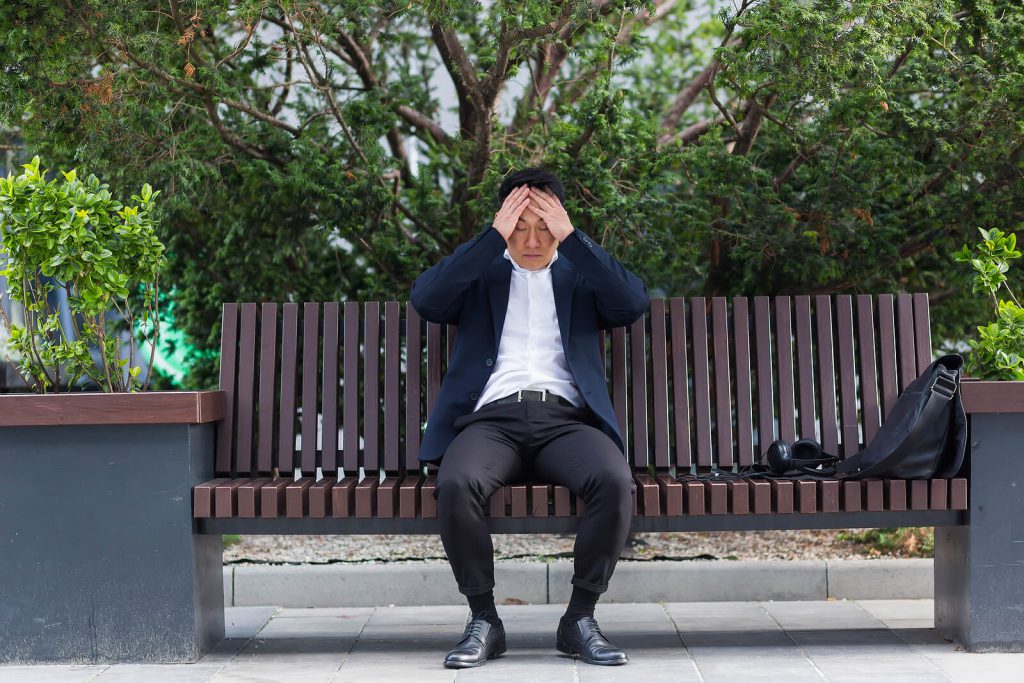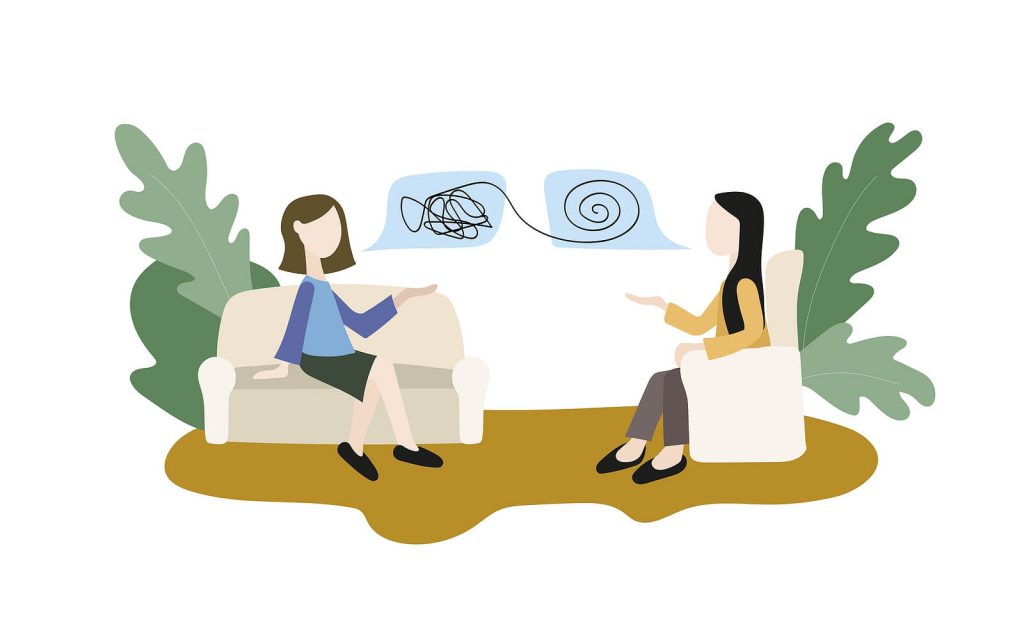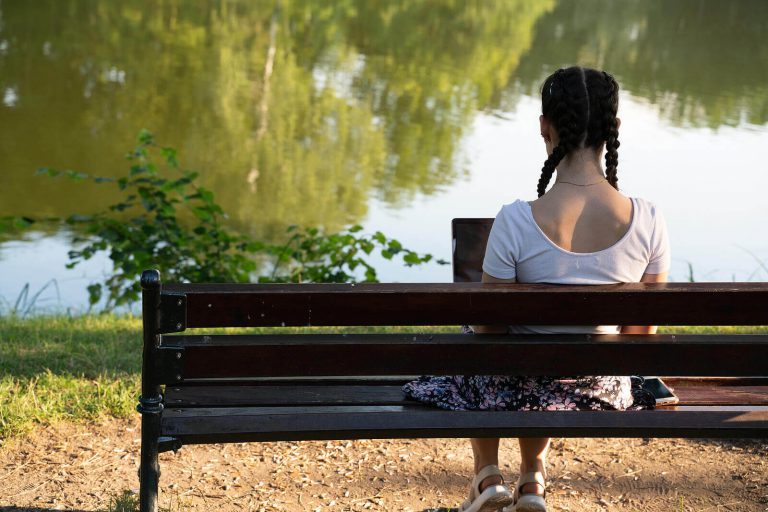A Trauma Therapist Addresses Barriers to Improving Filipina/x/o Mental Health
In the fast-paced and demanding world we live in, mental health issues have become increasingly prevalent. For many communities, including Filipina/x/o individuals, the struggle to address mental health challenges remains a significant concern. As a trauma therapist with a deep understanding of the unique needs of Filipina/x/o individuals, I am dedicated to breaking down barriers and fostering a safe space for healing and empowerment. In this blog, we will explore the barriers that hinder Filipina/x/o mental health improvement and discuss the importance of culturally-informed therapy in nurturing mental well-being.

1. Cultural Stigma and Shame
One of the primary barriers to seeking mental health support within the Filipina/x/o community is the pervasive cultural stigma surrounding mental health issues. Mental health is often considered a taboo subject, and individuals may feel reluctant to seek therapy due to the fear of being judged or labeled as “crazy” or “weak.” Overcoming this stigma requires culturally-sensitive approaches that recognize and validate the cultural beliefs and values of the Filipina/x/o community.
As a trauma therapist, I strive to create a judgment-free and culturally affirming space where individuals feel comfortable expressing their emotions and experiences without shame. By acknowledging and respecting cultural norms, we can break down these barriers and encourage open conversations about mental health.
2. Language and Communication Barriers
Language barriers can present significant challenges for Filipina/x/o individuals seeking mental health support. Many members of the community may not be fluent in English, which can hinder effective communication with therapists who do not speak their native language. Consequently, Filipina/x/o individuals may find it challenging to articulate their emotions and experiences, leading to a disconnect between the therapist and client.
To address this barrier, I make it a priority to offer therapy services in the native language of my clients. By speaking Tagalog or other Filipino languages, I can establish a more profound connection and gain a comprehensive understanding of their experiences, enabling me to provide tailored and effective therapeutic interventions.

3. Lack of Culturally-Informed Therapy
Another barrier to improving Filipina/x/o mental health is the scarcity of therapists who are well-versed in culturally-informed therapy. Filipina/x/o individuals have unique experiences shaped by their heritage, values, and traditions, which demand a specialized approach to mental health care.
In my practice, I have undergone extensive training and education to offer culturally-informed therapy specifically designed to address the needs of Filipina/x/o individuals. By integrating elements of Filipino culture into therapy sessions, I foster a safe environment where clients can explore their identities, embrace their heritage, and find healing from trauma and mental health challenges.
4. Financial Barriers
Access to mental health care is a significant concern for many Filipina/x/o individuals, particularly those facing financial constraints. The cost of therapy can be prohibitive, preventing individuals from seeking the support they need to address their mental health concerns effectively.
To tackle this barrier, I offer flexible payment options and sliding scale fees to accommodate clients from diverse socio-economic backgrounds. My goal is to ensure that mental health care is accessible and affordable for everyone in the Filipina/x/o community, empowering individuals to prioritize their well-being without financial strain.
5. Limited Representation in Mental Health Advocacy
Representation matters, and the lack of Filipina/x/o representation in mental health advocacy can hinder progress in addressing mental health challenges within the community. When individuals do not see themselves reflected in the mental health space, it can lead to feelings of isolation and disconnection, making it harder to seek help.
As a trauma therapist, I actively participate in mental health advocacy efforts and strive to amplify Filipina/x/o voices in discussions surrounding mental health. By highlighting the unique experiences and struggles of the community, we can raise awareness, reduce stigma, and promote a more inclusive and empathetic mental health landscape.

Start Working With A Trauma Therapist in San Ramon, CA
Improving Filipina/x/o mental health requires a multi-faceted approach that addresses the barriers hindering access to care and support. As a trauma therapist dedicated to empowering the Filipina/x/o community, I am committed to breaking down these barriers and fostering a safe, culturally-affirming space for healing and growth. Through awareness, cultural sensitivity, and compassionate care, we can create a transformative environment where individuals feel seen, heard, and empowered on their mental health journey. Together, let us work towards building a brighter and healthier future for the Filipina/x/o community. Learn new ideas on The Impact of Colonial Mentality on Filipino Americans and Their Mental Health that passed on decades. You can start your therapy journey with Sweet Mango Therapy by following these simple steps:
- Contact us at 925-665-3668 to schedule an appointment.
- Meet with one of our caring therapists
- Start receiving the support you deserve!
Other Therapy Services Offered With Sweet Mango Therapy
Sweet Mango Therapy Group understands that you may have experienced more than one mental health concern. This is why our team offers a variety of other therapy services in addition to trauma therapy. Other services offered include group therapy, anxiety therapy, depression counseling, brainspotting, and family therapy. If you have any questions or would like to learn more about our services, reach out today! For more about us, please visit our blog or FAQ page.







